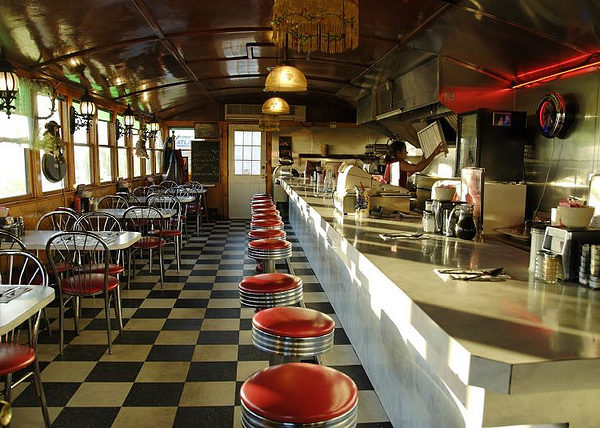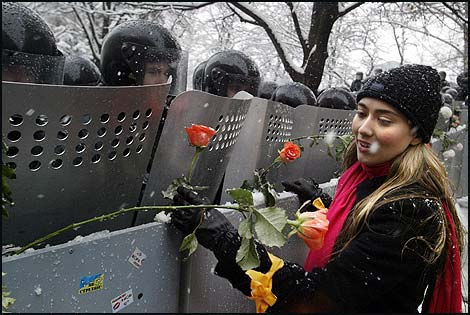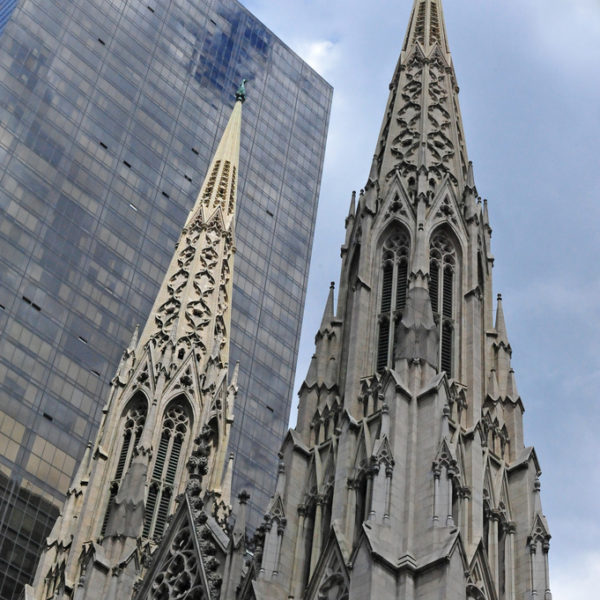
This may seem an odd pairing – Secularism and Political Theology – but in a way that I can’t quite articulate, they still seem to go well together, beyond being two important recent topics that weren’t yet covered by the course offerings in my department.
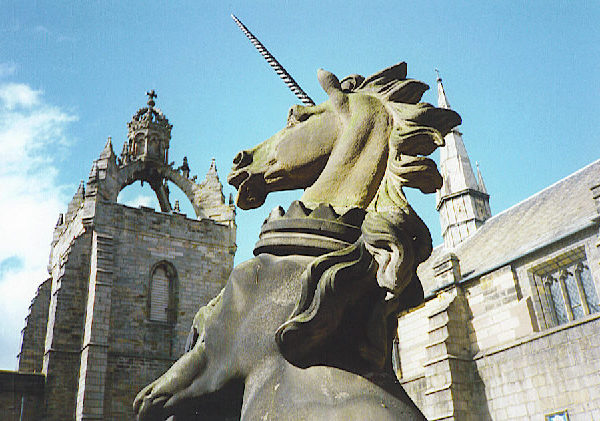
The University of Aberdeen is excited to announce an upcoming conference: “The Freedom of a Christian Ethicist: The Future of a Reformation Legacy.” Featuring Michael Banner, Brian Brock, Stanley Hauerwas, Jennifer Herdt, Paul Martens, Michael Mawson, Gerald McKenny, Rachel Muers, and Hans Ulrich, this promises to be a headline event in the field of Christian ethics this year.
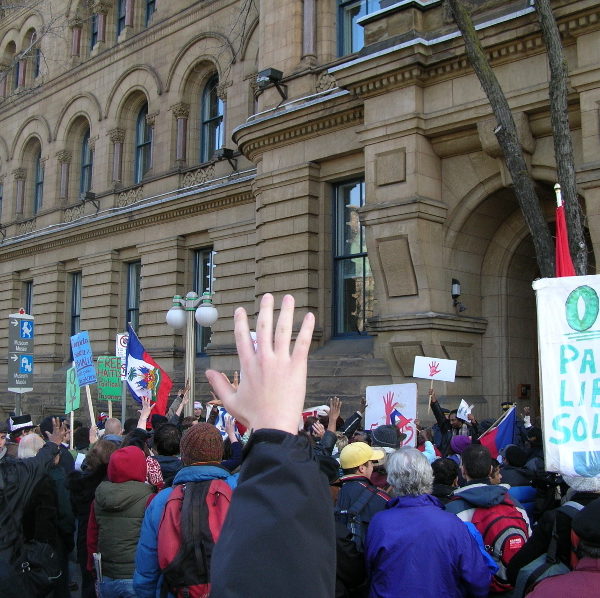
. . . As you can tell from the course description, I even started the course by asking, in effect, “Why are people using this term?” I’m still not sure that I know the answer to that question almost five years later. In teaching the course, the question of the academic worth of the material was at the forefront of discussions during the entire semester. “What was wrong with liberalism again?” was a question that, sometime around week six, took on full zombie status: it would just not die.

Viewing the film August: Osage County with academy award nominees Julia Roberts and Meryl Streep during the same week that Russia’s Vladimir Putin occupied Crimea and thumbed his nose at President Obama, it became impossible not to regard the movie itself as some sort of deep parable of the political age in which we live.
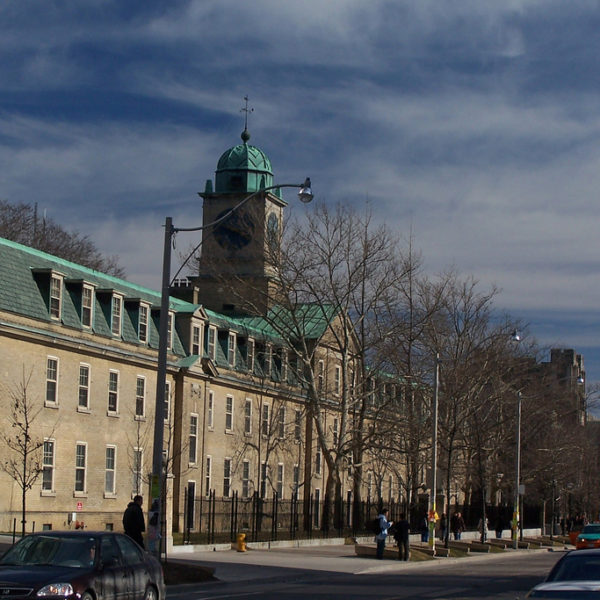
I first taught this graduate seminar in 2008 as a “Topics in Political Thought” course, and called it “Political Theologies” – a political theory seminar, cross-listed with Study of Religion. Part of the motivation for teaching it was finding a set of themes and readings that would work well in a cross disciplinary way, as I’m jointly appointed to both Political Science and Study of Religion.
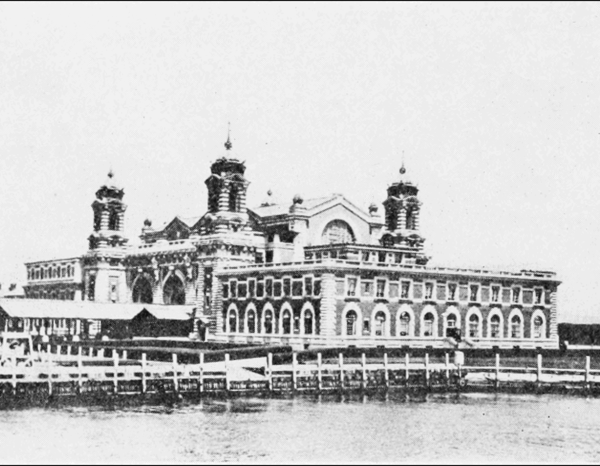
The first reaction of the reader to Abram’s calling, “That’s supposed to be me,” gives way to the second realization, which is “That COULD be me.” And it is in imagining the fear and anxiety normally attendant to leaving everyone and everything behind that the seed is planted in the reader’s heart for concern for real-life strangers.

The John Cabot University Summer Institute for Religion and Global Politics (May 19 – June 20), co-funded by the European Consortium for Political Research (ECPR), offers graduate students a comprehensive introduction to contemporary issues and debates regarding the roles of religious actors, ideas and institutions in democratic political life and international affairs.

. . . A “nudge”—a term brought to public attention by Cass Sunstein and Richard Thaler—generally refers, in the policy world, to a small modification to an already existing “choice architecture,” some context in which we make decisions; the modification is meant to promote certain decisions over others, in a context where some such promotion is inescapable.
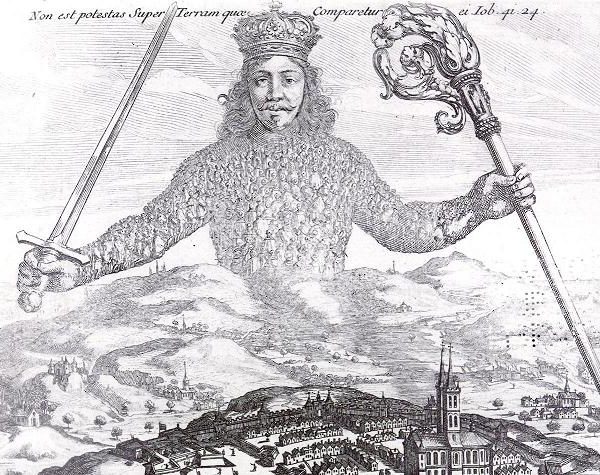
. . . We begin with a first dip into the conceptual issues (the issues of political form, legitimacy, cosmic analogy, acclamations, secularization) by reading the third chapter of Schmitt’s Political Theology. Then we move on to show that grounding “political form” (Schmitt) by embedding it into a cosmic structure has been an issue at least from the Hellenistic period (if not before).
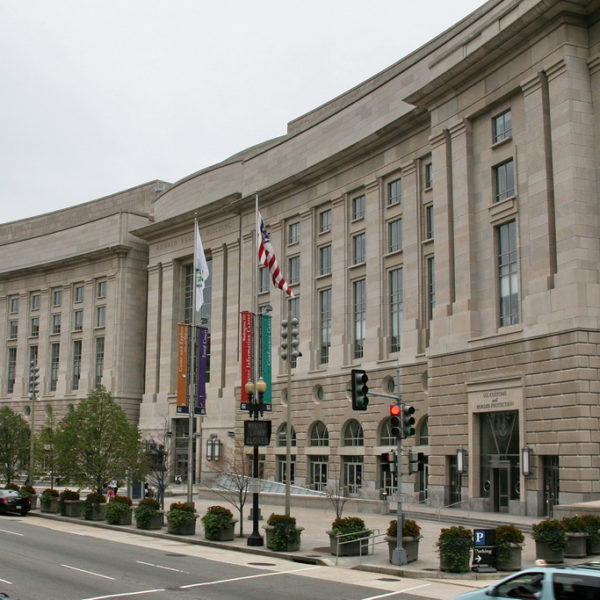
We were happy to have received these provocative responses to our original piece, and appreciate the chance to extend the conversation. We hope that in what follows we adequately answer some of the concerns raised by professors Vallier, Boer, and Baker and Watson about our original essay, and advance discussion on two levels.
